On the power of old archives and the fascination of discovering history from the Arabian Peninsula

An interview with Ghada Al Muhanna, a Saudi woman living in Europe, searching through photo archives and sharing her finds online.
A few months ago I found your rich archive of old photos taken mainly in Saudi Arabia. Tell us, how did your adventure in exploring old archives from the Middle East begin?
When I moved to Germany five years ago, I was overwhelmed by homesickness. It was quite a difficult time for me. I was working in a completely different field, and during my breaks I spent time in the archives, going through documents and photos showing my country and my culture. I missed everything, and the photos I found eased my sense of homesickness. I started sharing these photos with friends, and over time I realized that there were many like me who were homesick, and curious about our past. It was as if living abroad had triggered a longing to relive those memories, and we took that trip back in time again. This encouraged me to share more photos and publish a lot of information in Arabic, so that more speakers of my language could discuss with each other what we were seeing and relive the photographs. And so it began.
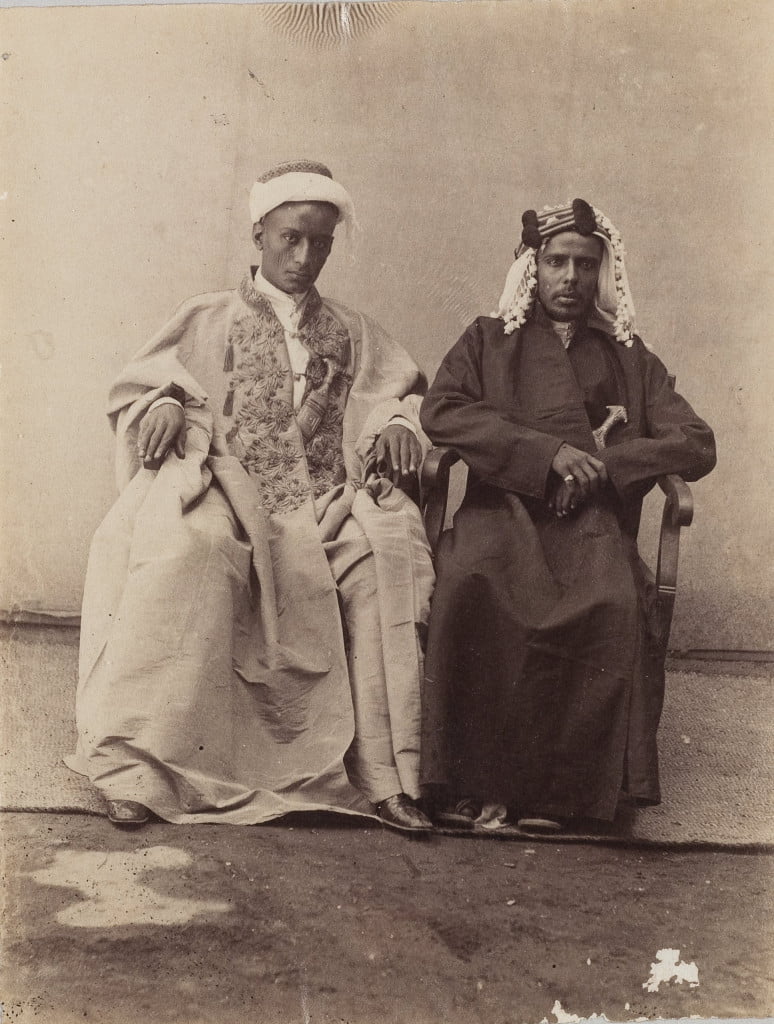
Are you involved in photography yourself?
As a child I liked photography, but I wasn't interested in taking pictures myself. I always loved holding photos and looking at them, imagining that I was transported to the world I was looking at. Recently, I've been taking a documentary photography class because of the graduate program I'm enrolled in. So it's quite exciting to see the technical side, that is, how such photographs were created.
How do you access photo archives from the Arab world?
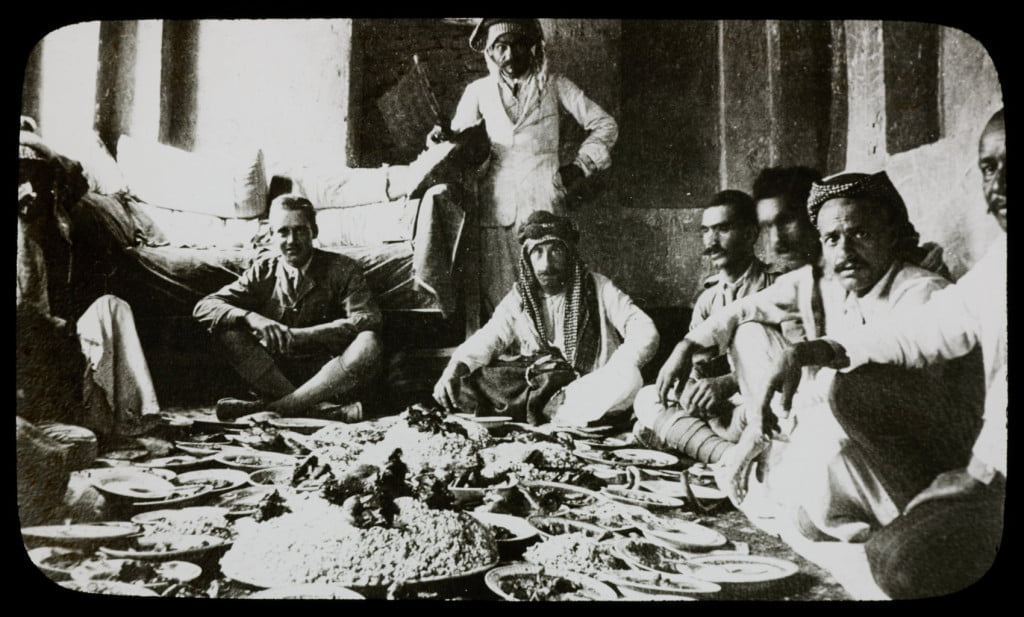
Accessing these archives is quite a challenge. In my opinion, photographic archives from the Middle East still hide a lot of undiscovered and have great research and historical potential. The best way to discover these photographs is to form good relationships with those working in the institutions that hold these archives, especially if the use of these photographs is not commercially intended.
Do you know any specific stories related to the photos you published? Do you remember any particular one?
Oh, there are so many of them! It really depends on the context of the photo, when it was taken and who took it, and the cultural background. I can't think of any particular story, but I will say this: my favorite thing is when people recognize their families in the photos. It has happened to me many times when people identify their parents and even themselves. It becomes even more exciting if the photographer is still alive.
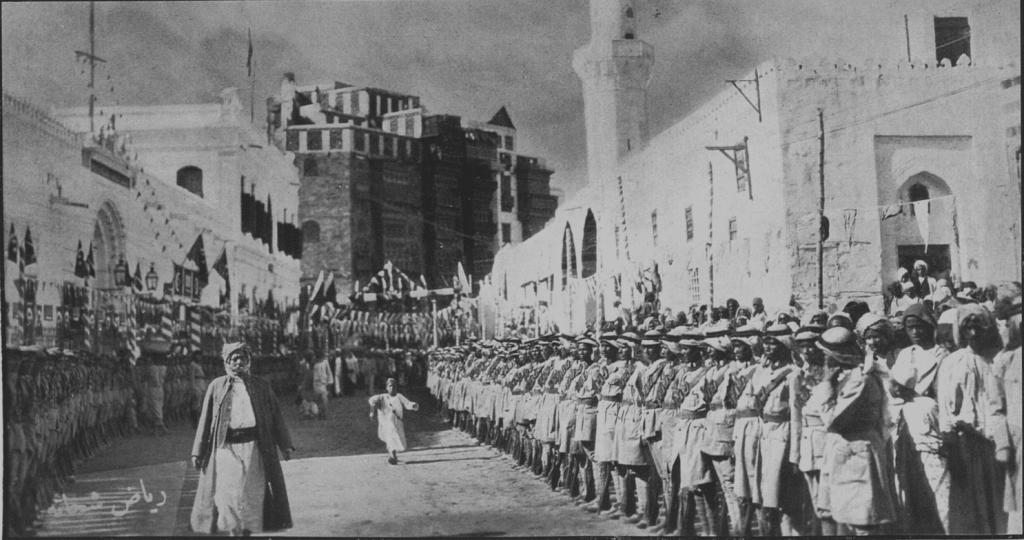
Who were the photographers whose photos you present?
There are so many of them, but I will mention just a few: Ilo Battigelli, T. E. Lawrence, Wilfred Thesiger, Herman Burckhardt, George Rodger and others.
Many of the photos you show bring to mind T.E. Lawrence's famous book "Seven Pillars of Wisdom." Lawrence describes perhaps the most famous event in the modern history of the Arabian Peninsula, the so-called "Arab revolt" against the Ottoman Empire from the World War I period. While searching the archives, did you find photos from that time or depicting participants in those events?
Yes! Looking at original photographs taken during events you read about as a child is so fascinating - it even changes your perspective on many things. It also sheds light on how Arabs were viewed in the past.
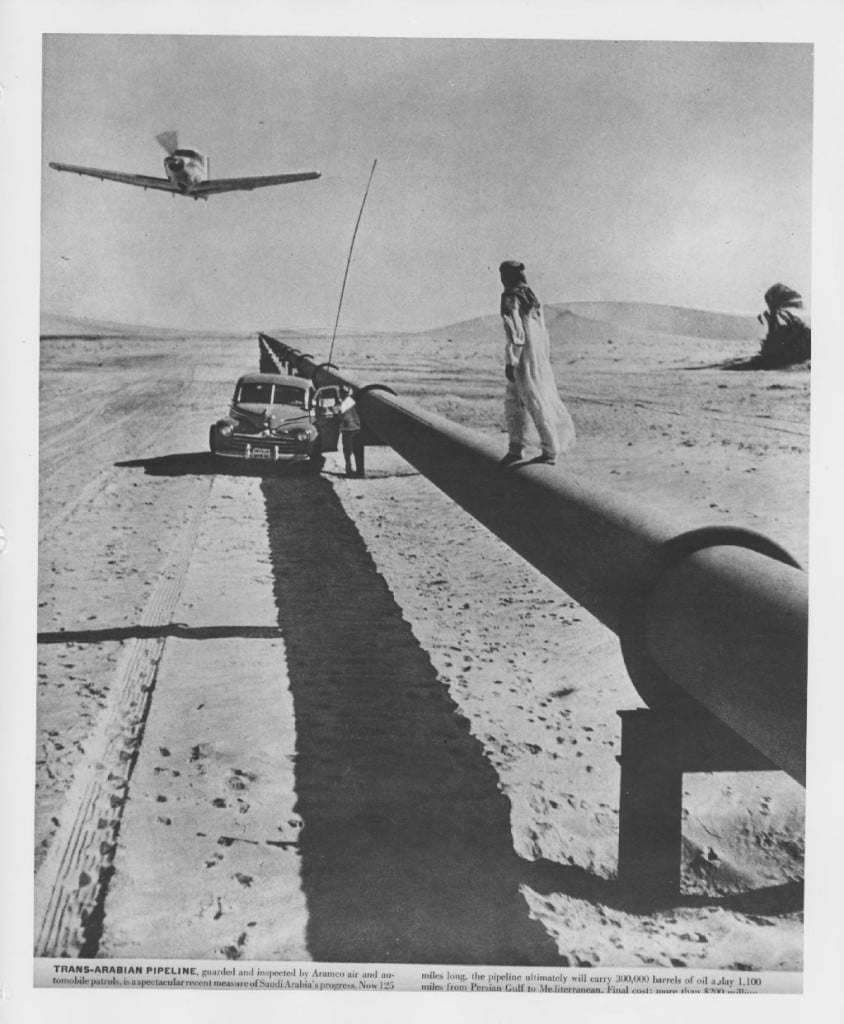
What is the reception of these pictures in the Arab world? I am well aware that the communities of the GCC countries are very focused on the modernization and modernity that has come to these previously closed and conservative countries thanks to oil revenues? How do people react to these old photos depicting Arabia before the oil boom?
I don't think modernization has affected personal perceptions of many things. People, no matter where they come from, will always look at the past either through the lens of some nostalgia or self-education. I think looking at photography is a common experience around the world because it is our common human experience. We are all trying to find today what we often see in old photographs. We try to find what is familiar, but we often question what is unfamiliar. So I think the reception and analysis of old photographs is similar, as it is in Europe or Asia.
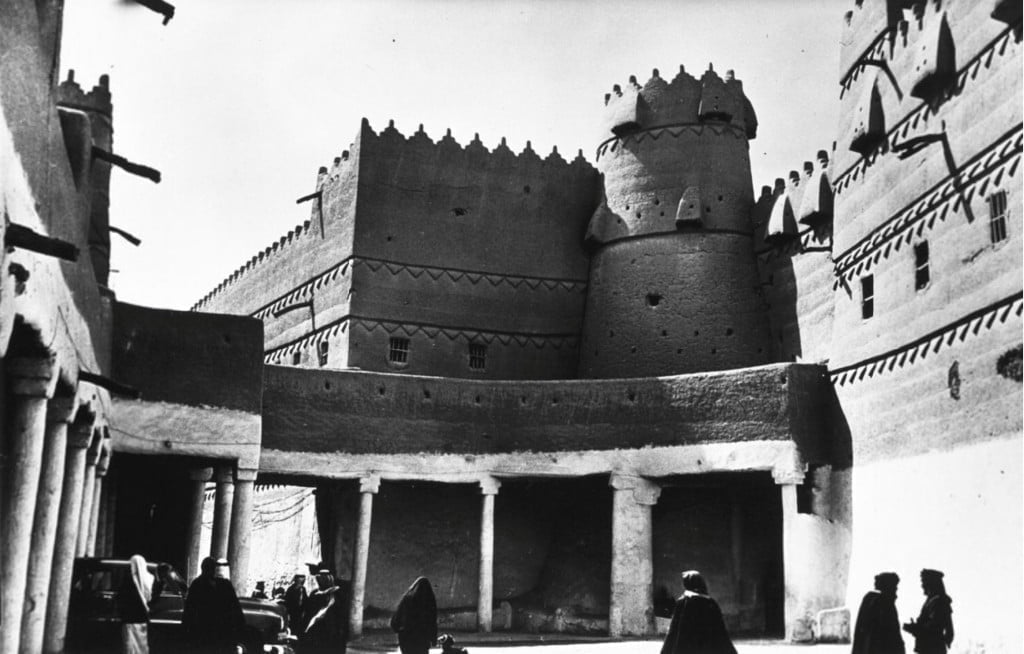
In recent years, Saudi Arabia has made an unprecedented opening to the outside world. Tourist visas have been introduced, many aspects of life have been liberalized, and the country is dynamically modernizing its infrastructure. In Oman, I have heard more than once that "Saudi" is becoming not only a local powerhouse, but also one of the most important players in the world of the 21st century. How do you, as a native Saudi, see these changes? What do you think they will bring not only to Saudi Arabia, but also to the wider Middle East?
I am very excited about my country and the region as a whole. I think it is time for the Middle East to be appreciated, especially since most of its population is very young and under thirty-five years old. For years, the region has been seen as a backward place, associated with constant conflict and bombing. This is all changing for the better. Of course, I point out that I live in Germany. Therefore, there are things I can't talk about because I don't experience them in my own country. However, every few months I travel to Saudi Arabia and the region and witness these changes - they are inspiring and show the aspirations of the entire region.
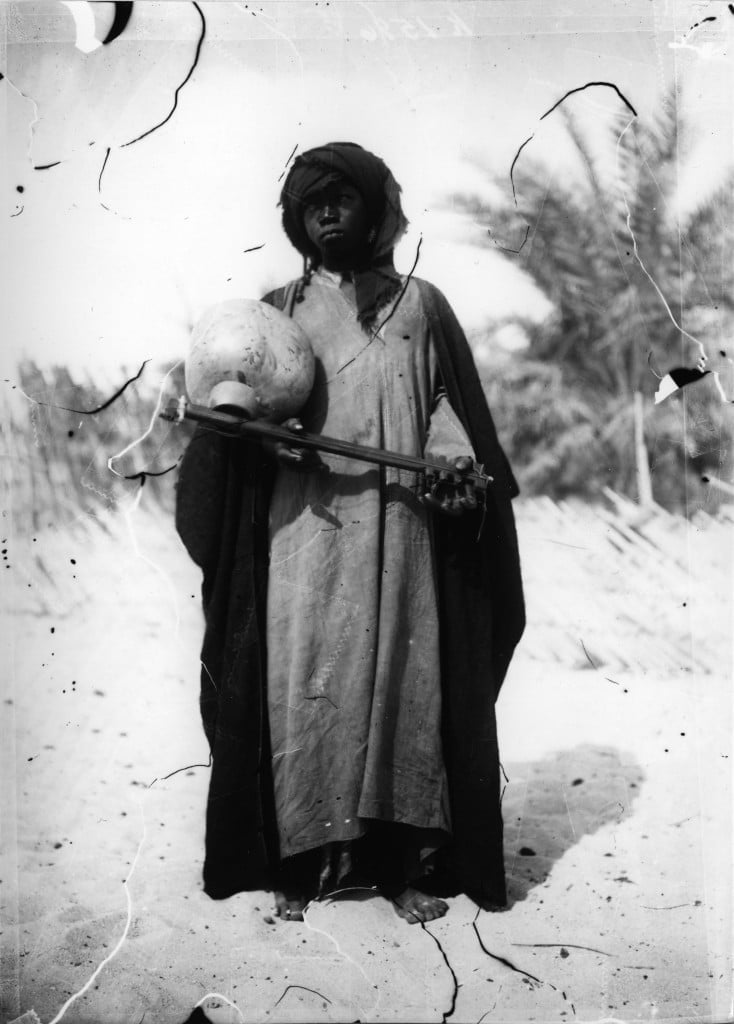
How does the younger generation in Arabia view these changes?
I can't speak for the younger generation, but based on what I see and hear, I believe that the young are excited about all the opportunities they have. I also think that growing up while your own country is changing for the better is a wonderful experience.
In your opinion, is there any non-Arab photographer who has understood and photographed Middle Eastern communities particularly well?
Each photographer has his own perception and view of the world. When photographers take pictures, they capture what they see and find interesting. This is a very personal experience, but at the same time it sheds light on how a person from a certain culture and country perceives the world they are photographing. It's very interesting. That's why I don't think any photographer can understand a community better than others. It will always be their own perspective, their own point of view, their own way of telling the story. That's the beauty of photography.
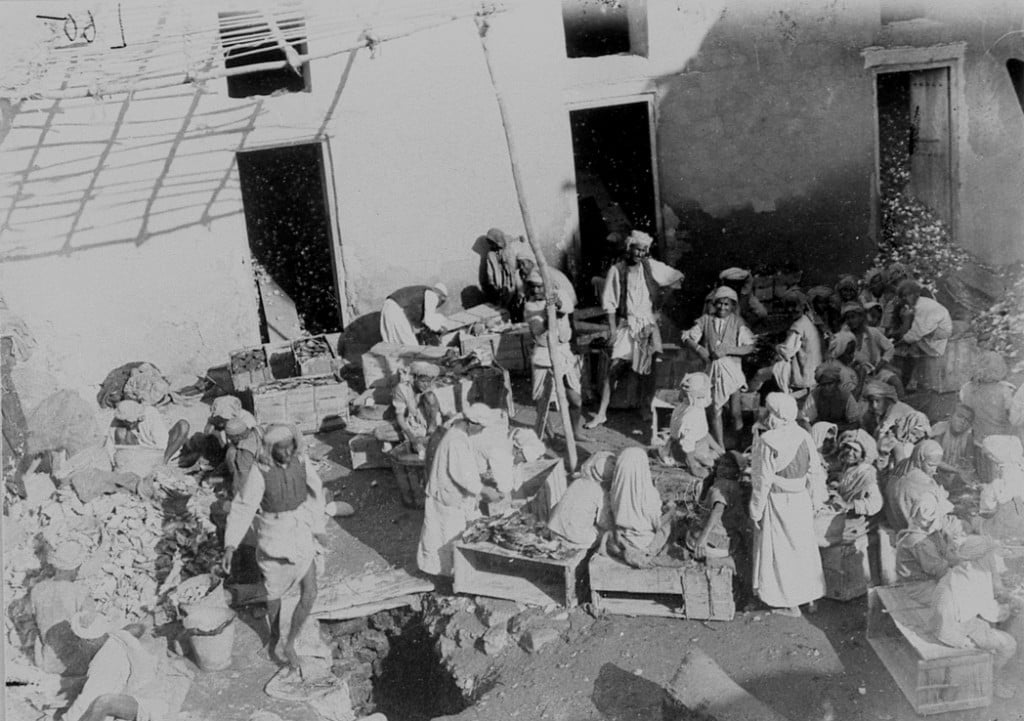
Finally, a question about contemporary Arab photography. Do you see photographers or filmmakers commenting on the dynamically changing reality in the Middle East in a more perceptive way?
I believe there is an explosion of incredibly fascinating photographers and filmmakers from the Arab world. And I think they all aspire to tell our stories authentically - something I believe we as a region have never had the chance to experience before. Our stories have changed and transformed over the centuries. Unfortunately, in modern mass-media, Arabs are often dehumanized. Speaking for myself, as a child I was constantly bombarded with images and stories that made me feel uncomfortable about who I was. I never saw positive characters on screen or even in pictures. Tragedies in the Middle East were portrayed as "picturesque" moments, and our beliefs as "barbaric" and backward. I felt like no one liked you. You were always "different" as an Arab, even though you never felt that way about other people or cultures. Now that so many artists are changing that and showing that there are many sensitive and talented artists living in the Middle East - I find it very inspiring. I just hope it helps to correct the false narratives that images from the past have created about us.

Ghada Al Muhanna - After earning her law degree, she was a researcher in the security and political sectors for several years. Over time, she noticed that perceptions of Arabian Peninsula culture were changing. She became an active promoter of Arab culture in the wider media and diplomacy. Currently, her work focuses on historical exploration, cultural preservation and cultural exchange.

1 Komentarzy
Waldemar Sliwczynski
In the Arab tradition, it was not customary to sign a photograph, either with the personalities of the photographer or the people depicted, well, unless there were rulers in the photograph - sheikhs, princes, the king....